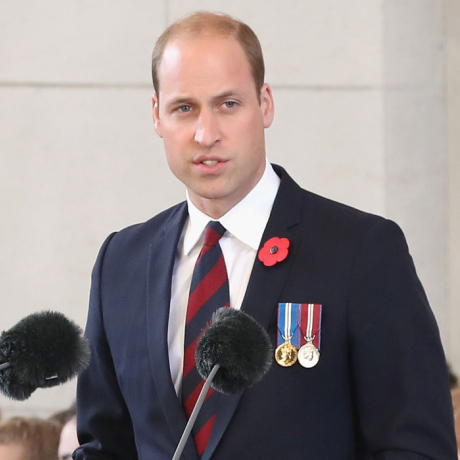Every evening the city of Ieper falls silent at eight o’clock and the Last Post is played by the buglers of the Last Post Association. With the sounding of this bugle call, the two hundred and fifty thousand British and Commonwealth soldiers who were killed on the Ypres Salient during the First World War are remembered.
The battlefields of the Salient came to define the war for many British and Commonwealth soldiers. The defence of the city at such great cost meant that it became hallowed ground. Winston Churchill said of Ypres, ‘a more sacred place for the British race does not exist in all the world’.
It was from here, along the Menin Road, that so many marched towards the frontline. After the war, when a location was being sought for a lasting memorial to these men, it seemed fitting for it to be built by the Commonwealth War Graves Commission in this place.
Today, the Menin Gate records almost fifty four thousand names of the men who did not return home; the missing with no known grave. Members of our families; our regiments; our nations; all sacrificed everything for the lives we live today.
At the Memorial’s inauguration, the British commander Field Marshall Lord Plumer spoke movingly to the assembled families, saying of their lost loved ones: ‘He is not missing; he is here’.
The local Police Superintendent attended the same inauguration ceremony. He heard the sounding of the Last Post and was so moved, that he and his friends later resolved to play it, here, every evening in perpetuity. A simple tribute from local people to those who fought.
We extend our deep gratitude to the Last Post Association and the people of Ieper for this daily act of homage in honour of our fallen.
During the First World War Britain and Belgium stood shoulder to shoulder. One hundred years on, we still stand together, gathering as so many do every night, in remembrance of that sacrifice.
Thank you for the honour that you do us.
